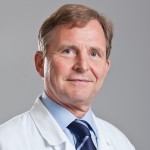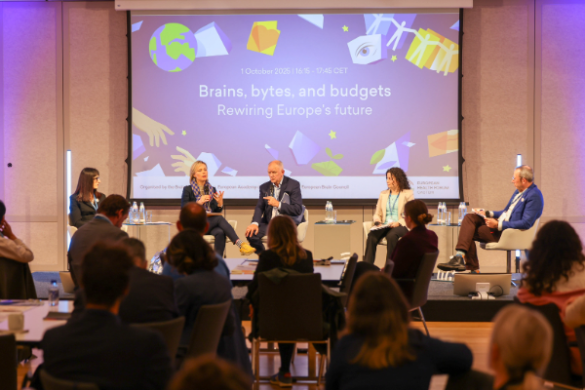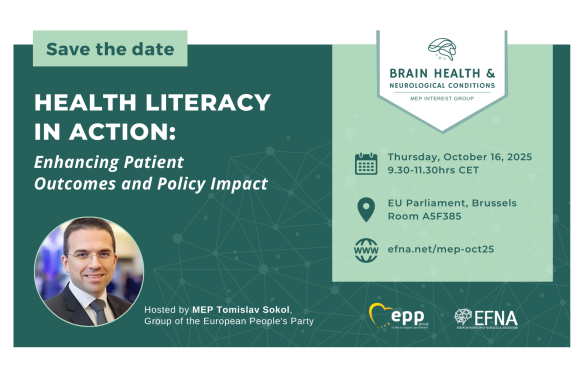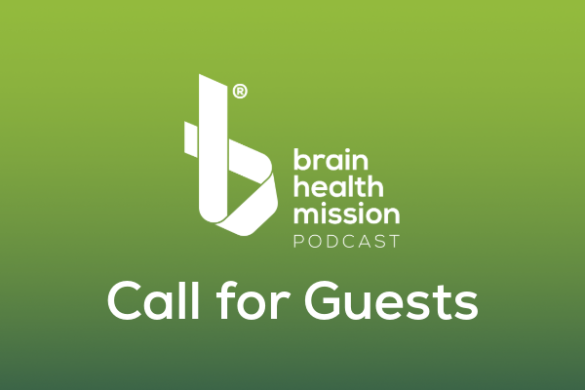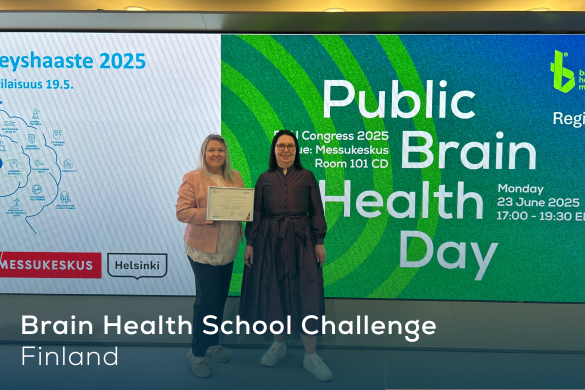by Helmuth Steinmetz
As outlined in previous chapter VI of this series, the last three decades have seen a steadily growing number of neurologists (not only) in Germany. This continuing rise is certainly supported by the expanding diagnostic and therapeutic options for neurological diseases, but this alone wouldn’t suffice as an explanation. Fortunately, “clinical neuroscience” is particularly attractive and intellectually challenging for many medical students and young physicians. But even more importantly, the number of neurological patients will continue its ongoing growth also during the upcoming decades.
“Doubling time” of 30-40 years for major neurological diseases
For Germany, the following medical conditions are expected to show the strongest increases in incidence or prevalence until 2050 (rounded estimates in brackets): community-acquired pneumonia (+150%), macular degeneration (+125%), Parkinson’s disease (+100%), conditions leading to dementia (+100%), hip fracture (+90%), myocardial infarction (+75%), and stroke (+65%). For comparison, the corresponding numbers for patients with cancer (+25%), diabetes mellitus (+20%) or renal insufficiency requiring dialysis (+20%) may appear somewhat less overwhelming. [1] These particularly short “doubling times” of major neurological and psychiatric conditions will further increase the challenges and demands for skilled personnel, treatment, research, care and teaching.
Neurodegenerative diseases
In the current absence of causal treatment, the number of patients living with Alzheimer’s disease and Parkinson’s disease will continue to depend almost exclusively on population age. This explains why these conditions will stay at the top of the aforementioned morbidity list for 2050, or at least as long as breakthrough treatments remain pending.
Stroke
Despite considerable progress in cerebrovascular disease prevention and treatment, stroke incidence will rise continuously until 2050, also mainly due to the growing number of elderly individuals. In addition to higher case numbers, the proportion of old or very old patients will also increase steadily. By 2050, the proportion of stroke patients aged 75-84 years is expected to rise by 68%, and that of patients above 84 years by an almost unbelievable 268%. Simultaneously, the proportion of patients below 65 years will fall from today’s approximately 20% to 10%. If not reverted by new treatments, these trends will be accompanied by an increasing proportion of severely disabled stroke victims. [2]
Epilepsy
Largely unknown to non-neurologists, the incidence of epilepsy shows an almost “J”-shaped distribution throughout life. The highest numbers occur in the age group above 74 years, mainly due to an often silently acquired, mostly vascular “lesion load”. Epilepsy is not included in most morbidity calculations for 2050, but it will certainly contribute to the growing burden of neurological disease in the next decades. [3]
“No health without brain health”
One couldn’t have said it any better than with the recent words of Dr Raad Shakir, President of the World Federation of Neurology (WFN): “However, there is a lack of alertness in the public and among decision makers for the essential role of the brain and its health. This is also true for the individual and collective burden arising from brain diseases and in particular from neurological diseases. It is becoming increasingly clear that these disorders, such as stroke and dementia, are projected to rise at a rate that could overwhelm our health care systems. Hence a new emphasis has to be developed on prevention. Neurologists are the guardians of the brain and need to take the leading role in advancing new approaches in stemming the tide of neurological diseases.” [4]
Sources
1. Fritz Beske Institut für Gesundheits-System-Forschung, Kiel, 2009
2. Foerch C, Misselwitz B, Sitzer M, Steinmetz H, Neumann-Haefelin T. Dt AeBlatt Int 2008;105:467-473.
3. Hauser WA, Annegers JF, Kurland LT. Epilepsia 1993;34:453-468
4. Raad Shakir’s address to the public at the launch of WFN’s first “World Brain Day” on July 22, 2014
Professor Helmuth Steinmetz works at the Center of Neurology and Neurosurgery, University Hospital/ Goethe University Frankfurt, Germany

